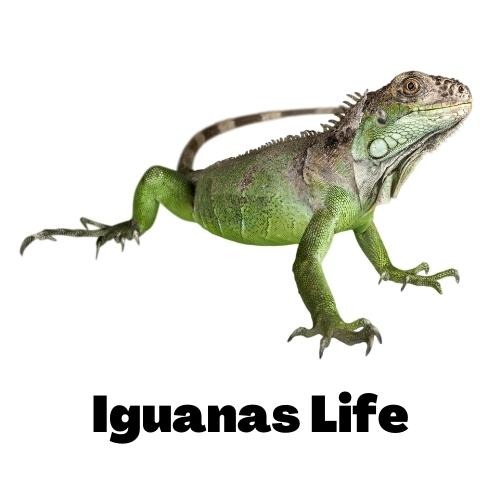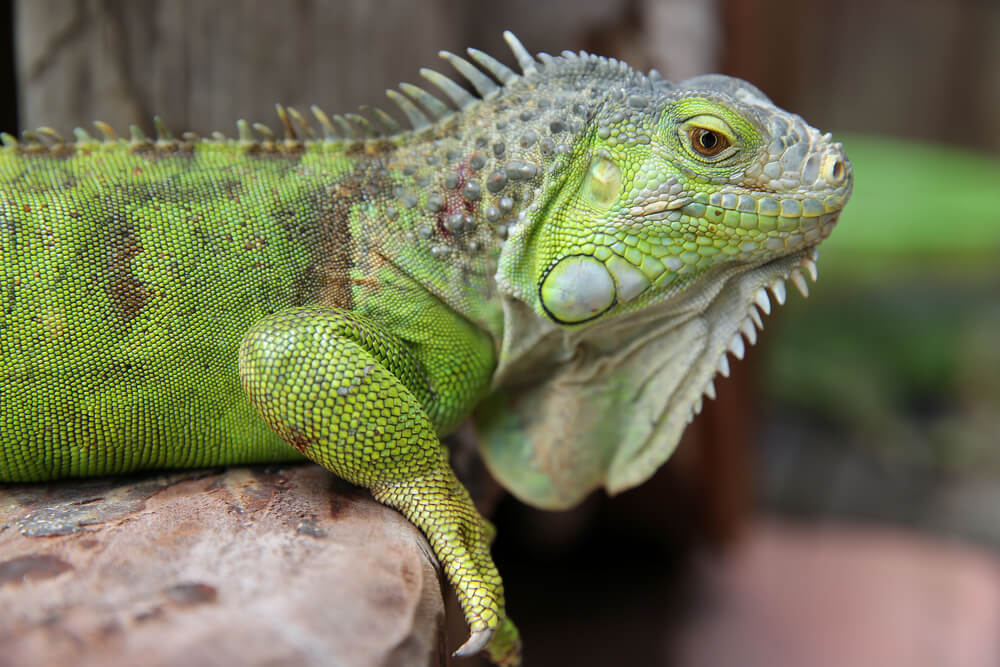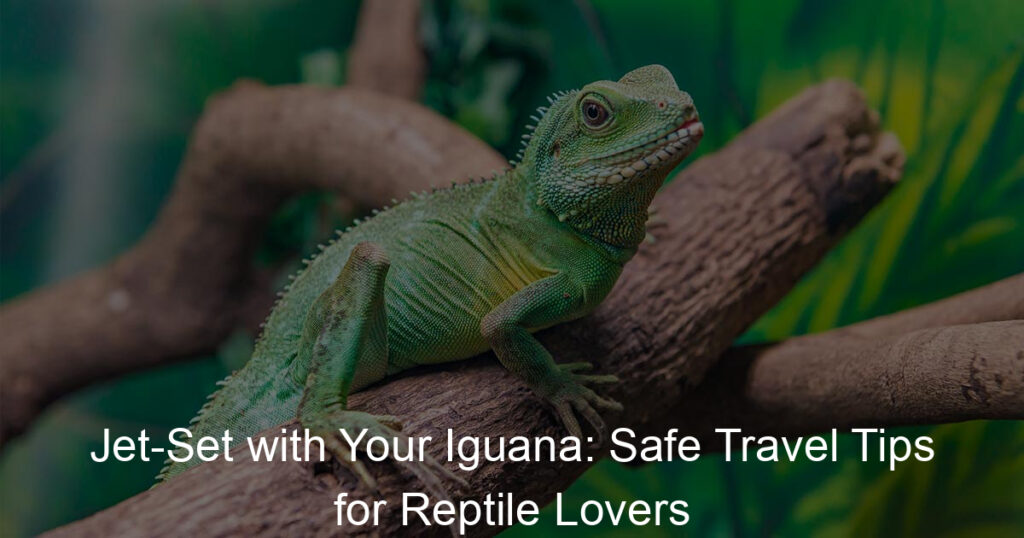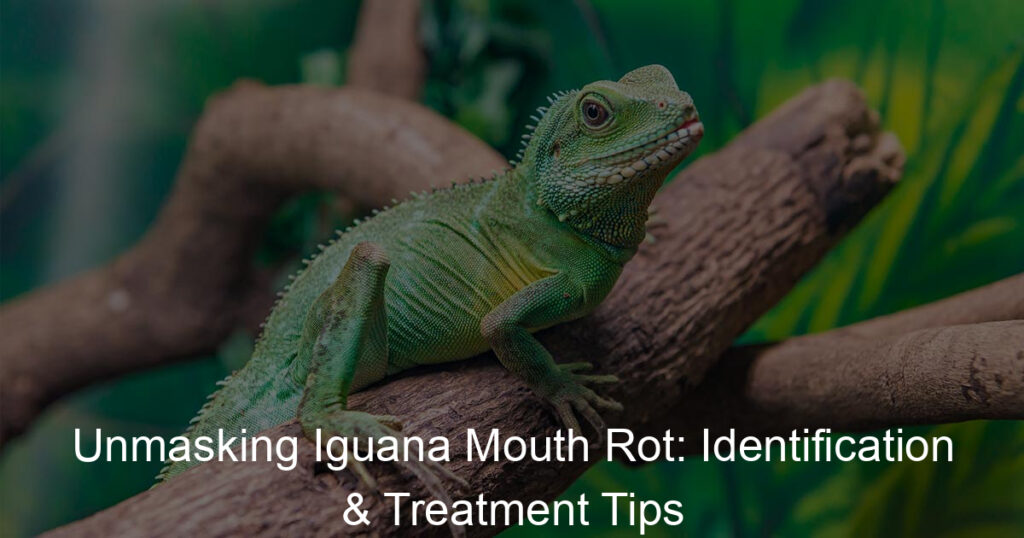Iguanas are popular pets, but they require some special care. These lizards can grow to be over 6 feet long, so they need a lot of space.
They also need a warm environment—around 80 degrees Fahrenheit during the day and 70 degrees at night. Iguanas are native to tropical regions, so they do not do well in cold weather.
If your iguana gets too cold, it could get sick or even die.
To create a warm environment for your iguana, you will need to use a heat lamp. Place the heat lamp on one side of the enclosure so that your iguana can move away from the heat if it gets too warm.
You should also provide a basking spot for your iguana to bask in the heat of the lamp.
Iguanas need a lot of UVB light, so you will also need to use a UVB light bulb in their enclosure.
This type of light helps iguanas produce vitamin D3, which is necessary for their health. Without enough vitamin D3, iguanas can develop medical problems such as metabolic bone disease.
Iguanas also need a large enclosure. A 10-gallon tank is not big enough for even a baby iguana. Iguanas need at least a 40-gallon tank, and ideally, a larger enclosure such as a custom-built cage.
The cage should be tall, as iguanas like to climb. It should also have plenty of places for your iguana to hide, as they are shy creatures.
In their natural habitat, iguanas eat a variety of fruits, vegetables, and insects. In captivity, they should be fed a diet that is similar to their natural diet.
Iguanas need a lot of greens and vegetables, such as collard greens, turnip greens, mustard greens, and kale.
They also like to eat fruit, such as mangoes, apples, grapes, and bananas. Insects should make up a small part of their diet— around 10 percent. Crickets and mealworms are good options for feeding your iguana insects.
They need to drink water every day, so you should provide them with a water bowl that is big enough for them to soak in. You can also mist their enclosure with a water bottle to provide them with additional hydration.
Those beautiful creatures are pretty social so it is best to keep them in pairs or groups. If you only have one iguana, it is important to interact with them daily.
Iguanas can become aggressive if they feel threatened, so it is important to handle them carefully and avoid startling them. Iguanas can also be nippy, so it is important to teach them that biting is not acceptable behavior.
Iguanas can make great pets, but they require some special care. By providing your iguana with the proper diet, environment, and level of interaction, you can ensure that your iguana is happy and healthy.
What Do Iguanas Need in Their Cage?
Iguanas are arboreal animals, which means they spend the majority of their time in trees. In the wild, iguanas build elaborate nests out of branches and leave them high up in the canopy, where they feel safe from predators.
While your pet iguana will never build a nest as complex as its wild counterparts, it is still important to provide it with plenty of places to climb and hide in its cage.
Your iguana’s cage should have:
-A basking spot: Iguanas are cold-blooded animals and need an external heat source to regulate their body temperature.
A basking spot should be provided so your iguana can warm itself up when necessary. The basking spot should be located near the top of the cage and should be equipped with a heat lamp.
-Plenty of places to hide: Iguanas feel safest when they have plenty of places to hide. Provide your iguana with several hiding spots, such as overturned flowerpots, cardboard boxes, or pet tunnels.
-Climbing structures: Iguanas love to climb and will appreciate having some branches or vines to climb on in their cage.
Be sure that any climbing structures you provide are sturdy and won’t topple over when your iguana climbs on them.
Providing your iguana with a cage that meets its needs will help keep it healthy and happy.
Should I Let My Iguana Free Roam?
Many iguana owners choose to let their iguanas free roam around the house instead of keeping them confined to a cage.
While this may seem like a good idea, there are some potential dangers that you should be aware of before making this decision.
Iguanas are destructive animals and will chew on anything they can get their teeth on, including electrical cords, furniture, and even walls.
If you choose to let your iguana free roam, be sure to do so in a room that can be easily repaired if necessary.
Iguanas have also escaped artists and will find any way possible to get out of their enclosure. If you let your iguana free roam, be sure to keep an eye on it at all times to prevent it from escaping.
Free-roaming iguanas can be dangerous to both themselves and their owners. Be sure to weigh the pros and cons before making this decision.
Do Iguanas Like To Be Held?
Some iguanas enjoy being held and will even sit on their owner’s shoulder, while others prefer to be left alone. It is important to get to know your iguana’s personality before trying to hold it.
If you do decide to hold your iguana, be sure to support its entire body. Iguanas are fragile creatures and can easily injure themselves if they fall. Hold your iguana close to your body and be careful not to drop it.
Never grab your iguana by the tail. This can cause the tail to detach from the body, which is a serious injury. Instead, gently cup your hands around its body just behind the front legs.
With time and patience, you may be able to develop a bond with your iguana and even get it to enjoy being held. However, some iguanas will never be comfortable with this type of interaction and should be respected accordingly.
Conclusion
Iguanas make interesting pets, but they require a lot of special care.
If you’re willing to put in the time and effort, your iguana will be happy and healthy.
Be sure to provide it with a cage that meets its needs, including a basking spot, plenty of places to hide, and climbing structures.
You should also consider whether or not you want to let your iguana free roam around the house. Iguanas can be destructive and are prone to escaping, so take caution if making this decision. Some iguanas enjoy being held, while others do not.
It is important to get to know your iguana’s personality before trying to hold it.
With patience and understanding, you can develop a strong bond with your pet iguana.














